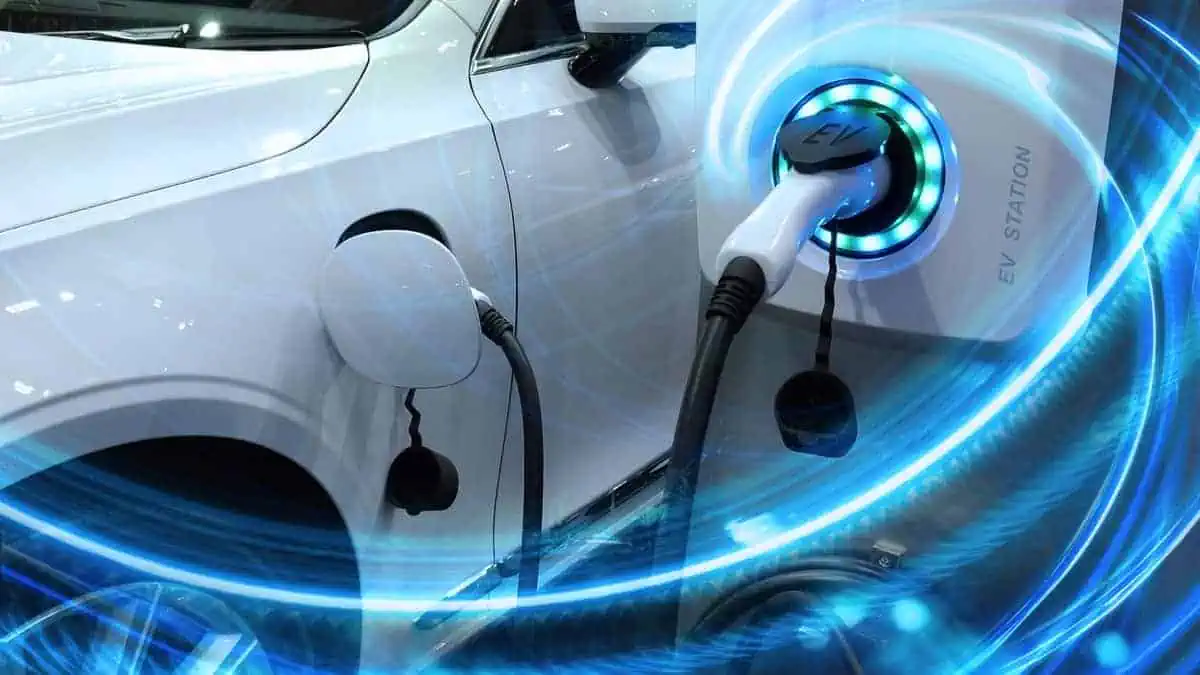The former CEO of American legacy automaker Ford has just warned of “real financial trouble” for electric vehicle startups due to slower-than-expected adoption.
Ex-Ford CEO and CNBC contributor Mark Fields made the remarks during the American business news channel’s Squawk on the Street segment on Friday, which saw the discussion about how electric automakers will entice more people to join the shift to electric vehicles and what concerns mainstream consumers have, among others.
Slow EV adoption
Although electric vehicle sales are continuously growing, the current rate remains alarming for the industry, as electric automakers expect faster uptake.
“The pace that all the automakers were expecting is not there.”
Mark Fields, Ford CEO, and CNBC contributor
Mr. Fields further explained that this slower-than-expected uptake is the reason behind the ongoing price cuts, rising inventories, and increasing customer incentives from electric automakers.
He also elaborated that early adopters had varying purchase preferences than average buyers, including technological innovation and environmental impact. However, most of them had already acquired their vehicles, leaving automakers with a major challenge in attracting new customers who greatly value cost-effectiveness and convenience. Some of the common apprehensions of customers toward EVs include a lack of charging infrastructure, long charging time, high repair costs, and declining resale value.
“The consumer in the mainstream market is going to say, you know what, when you figure all that stuff out, then I’ll really consider this. But until then, I’ll either stick with my internal combustion engine, or alternatively, as you’re seeing, with hybrids, a really great solution for consumers right now.”
Mark Fields, Ford CEO, and CNBC contributor
Growing demand for hybrids
While the electric vehicle market is seeing a slowing down in sales, hybrid vehicle sales continue to surge as customers look for alternatives before adopting 100% electric vehicle models.
It backs up Japanese legacy automaker Toyota’s claim that electric vehicle adoption will need more time compared to what many OEMs anticipated. Ford has also reported increasing hybrid sales compared to its all-electric vehicles, prompting it to scale back on its electrification plans.
Despite all that, Mr. Fields remains optimistic about the shift to more sustainable electric vehicles. However, it warned startups about a looming “real financial trouble” while the transportation industry takes its time to transition.
“The transition will absolutely happen, but it’s going to take longer. With this longer path, a number of them are going to get into real financial trouble, and you’re seeing that play out right now.”
Mark Fields, Ford CEO, and CNBC contributor
Struggling startups
True enough, some of the electric vehicle startups have continuously struggled to compete in the market. For instance, America’s Fisker reportedly hired restructuring advisors on Wednesday to help the company prepare for a potential bankruptcy filing.
Amazon-backed Rivian also announced its plans to postpone the construction of its upcoming Georgia factory to save billions of dollars to ensure the launch of its new model, R2.
In addition, Lucid suffered from a major market cap drop from its peak of $91.4 billion in 2001 to just $6.2 billion today, according to Fortune. This prompted the American EV startup to lower its production guidance to only about 9,000 units in 2004, down from its original plan of 90,000 units in the same period.
You can watch the full episode of the Squawk on the Street below:






